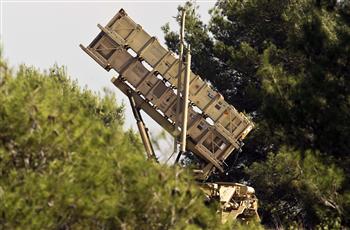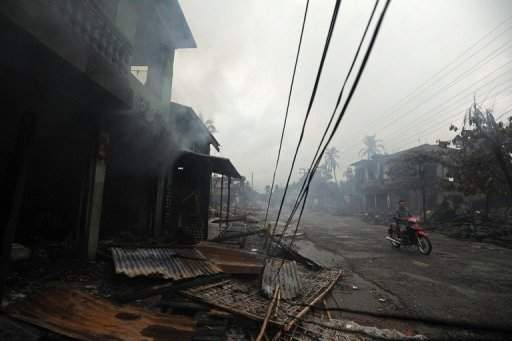The Russian plane crash in Sinai on 31 October was caused by a bomb, as traces of a homemade explosive device containing 1 kg of TNT was found in the wreckage, Federal Security Service director Aleksandr Bortnikov told President Vladimir Putin, according to Russian state-owned RT.
“We can say that the Sinai plane crash was a terror act,” Bortnikov told Putin. After the examination on all these objects “we found traces of a foreign-made explosive substance”.
According to Bortnikov, a homemade device with the power of 1.5 kg of TNT was detonated during the flight. As a result, the plane fell apart in the air, which can explain the huge scattering of the fuselage parts of the plane.
Meanwhile, a source in Sharm El-Sheikh Airport denied a Reuters report about two employees being held in the airport on suspicion of involvement in placing the explosive device on the plane, according to a statement released by the Ministry of Civil Aviation. The Ministry of Interior also denied these reports in a statement.
Putin ordered Russian security services to concentrate on the search for those involved in the terrorist act on board the Metrojet A321 airliner in Egypt, reported official Russian news agency TASS.
The Federal Security Service asked the Russian and international community for assistance in search for the terrorists.
Russia’s Federal Security Service declared a $50m reward for information about those responsible for the plane crash.




